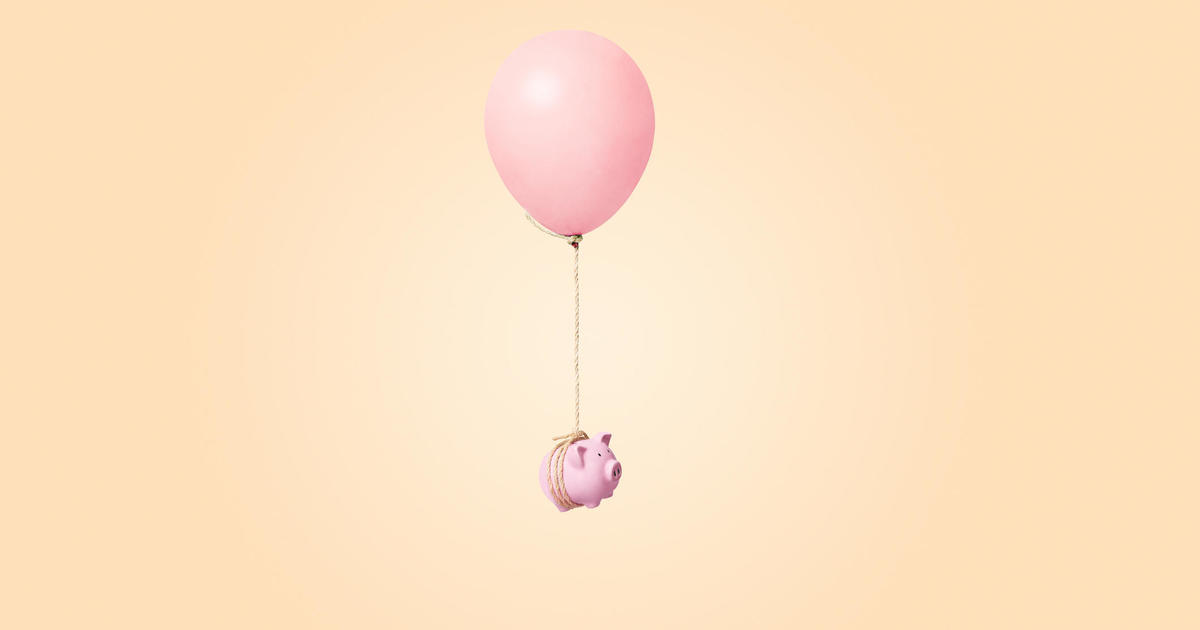Things to consider before taking on a "side hustle"
As a way to shore up their savings and reach financial goals, many people are taking on a second source of income. More than 44 million Americans have a "side hustle," a recent BankRate survey found, with young people especially likely to pick up a gig outside their regular job. And of those who work at their second job on at least a monthly basis, 36 percent earn $500 or more per month.
Considering how little most Americans have saved for their future, the search for extra income is understandable. But before you add a side gig, there are a few things financial and career experts say you should consider.
Manage your time
Make sure your side hustle doesn't conflict with your everyday full-time job, and that you are aware of the demand on your time.
"It's actually very important to take a realistic look at the time commitment of your current job -- is your schedule unpredictable, how many hours a week would you want to [commit to] a side gig, does it fit into your schedule?" Adrian Granzella Larssen, career adviser and editorial director at job site The Muse, told CBS MoneyWatch. "When are you going to fit in time for your family, for yourself ... If this is something you want to do for the foreseeable future, you want to make sure this isn't going to cause you to burn out."
Keep track of taxes
While it's great to make more money, weigh the tax implications. Depending on how much additional income your side job generates, you may end up owing more in taxes. If your side hustle is a business you run yourself, you will have to withhold your own taxes.
"Let's say you do have a full-time job and you make decent money there -- you start to see decent revenue. Those two incomes combine to create your taxable income. So throughout the year you may actually end up owing more on your day job as well as your side hustle," said financial adviser Devon Klumb.
One way to handle extra taxable income from your side business is to raise your withholding on your current full-time job to account for the additional taxes. Or treat your additional income like a bonus, putting it all aside for retirement or another financial goal. If you have any freelance income -- earnings that gets reported on a 1099 form at the end of the year -- you're eligible to open a SEP-IRA, which has much higher contribution limits than other types of retirement accounts.
Add in costs
If you are considering starting your own business, do the math on what additional costs it could involve. Ask: Will you have to spend money on things like professional certifications or maintaining a property?
If you are starting a side gig with the intention of eventually making it your main source of income, experts recommend being cautious until the business is fully established. Many small businesses fail early on or don't produce significant revenues for years. Keeping your day job, especially if it has health benefits, can provide a cushion as you are growing your business.
"Probably the most dangerous thing is when someone doesn't have a plan B and just gets laid off or makes a side hustle their primary focus without a backup. That's the riskiest thing," said financial adviser Winnie Sun.



